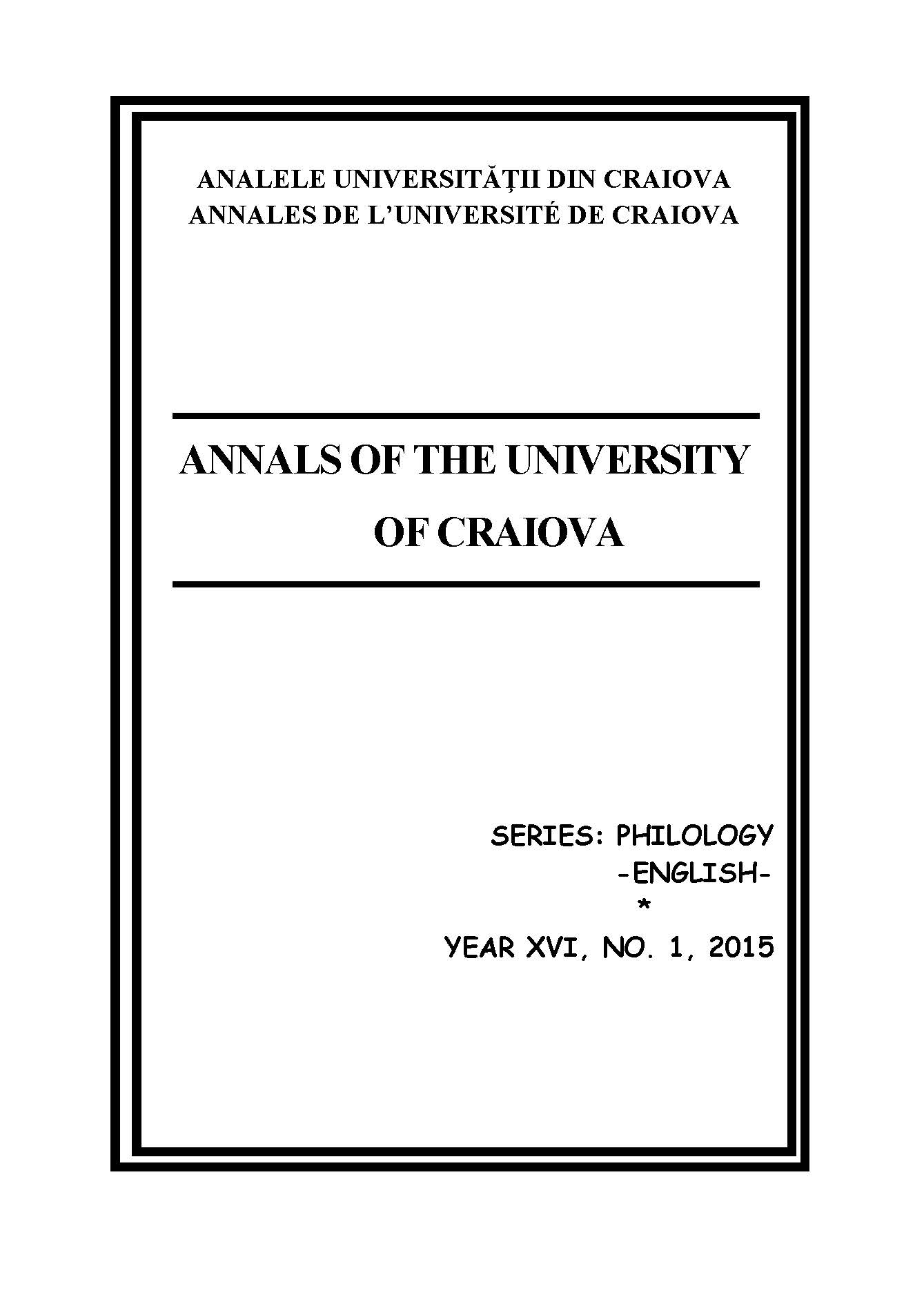Mental Representations, Contextual Reference
and Ambiguity
Mental Representations, Contextual Reference
and Ambiguity
Author(s): Ana-Maria TrantescuSubject(s): Language and Literature Studies
Published by: Editura Universitaria Craiova
Keywords: cognitive poetics; idealized cognitive model; mental spaces; reference; text worlds.
Summary/Abstract: The present paper focuses on one of the main topics of cognitive linguistics: mental representations and referential ambiguity. Mental spaces are conceptual structures, originally proposed by Gilles Fauconnier (1985, 1994) to describe how we assign and manipulate reference, including the use of names, definite descriptions and pronouns. Mental spaces can be seen as a parallel to the notion of possible worlds in formal semantics. The main difference between a mental space and a possible world is that amental space is not based on an exact representation of reality, but on an idealized cognitive model. Mental spaces and the links established between them can be used to explain the interaction between knowledge and reference in the phenomenon of referential opacity. We shall also briefly present the importance of mental representations (mental spaces and text worlds) in cognitive poetics. In cognitive poetics, context is seen as encompassing social circumstances and personal experience. While traditional stylistic analysis makes use of linguistic theories in order to explain or predict textual interpretation, cognitive stylistics is based on theories that relate linguistic choices and reader’s perception of the text to cognitive processes and conceptual structures.
Journal: Annals of the University of Craiova, Series: Philology, English
- Issue Year: XVI/2015
- Issue No: 1
- Page Range: 190-203
- Page Count: 14
- Language: English

